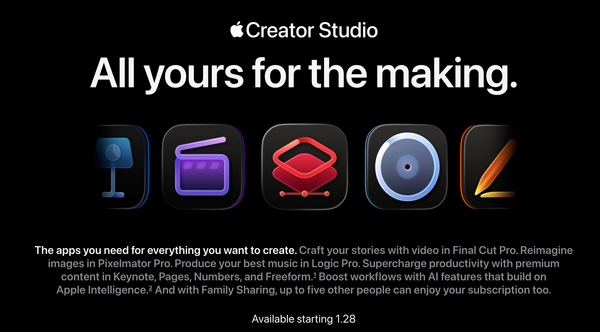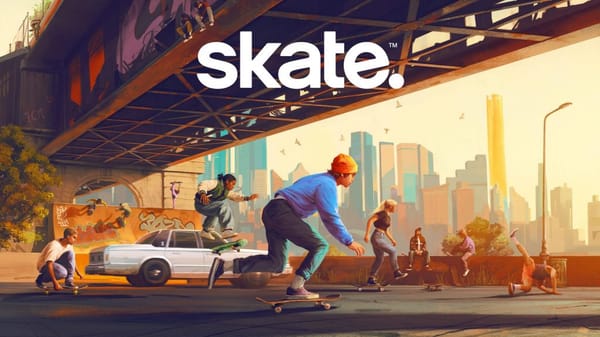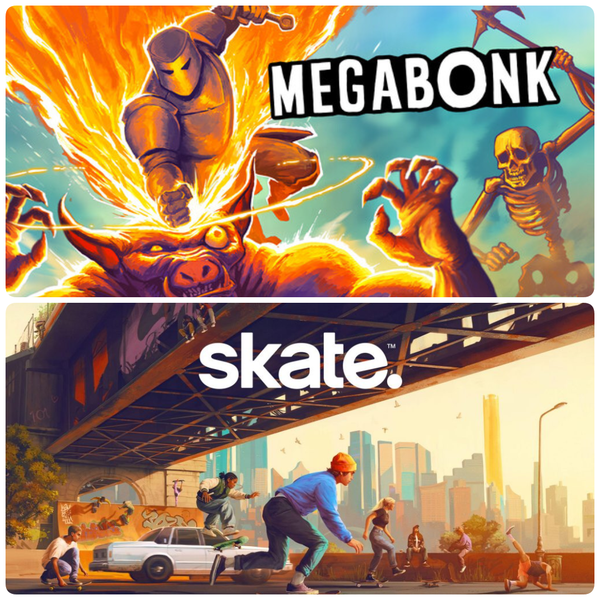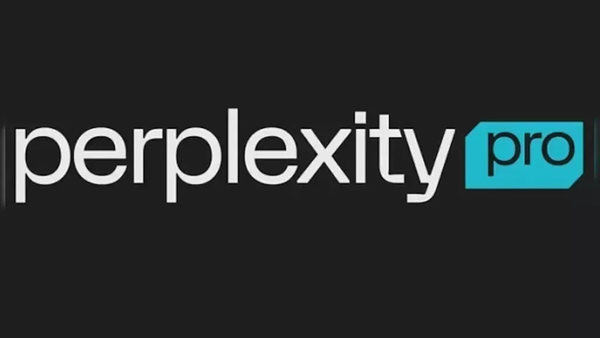The Search is Over: Google’s Decline & SEO’s New Reality
Google Search once defined online discovery. Now, its dominance is fading as user behaviors evolve and Google's own platform shows cracks. We explore why this is happening and the critical questions it raises for SEO's future.
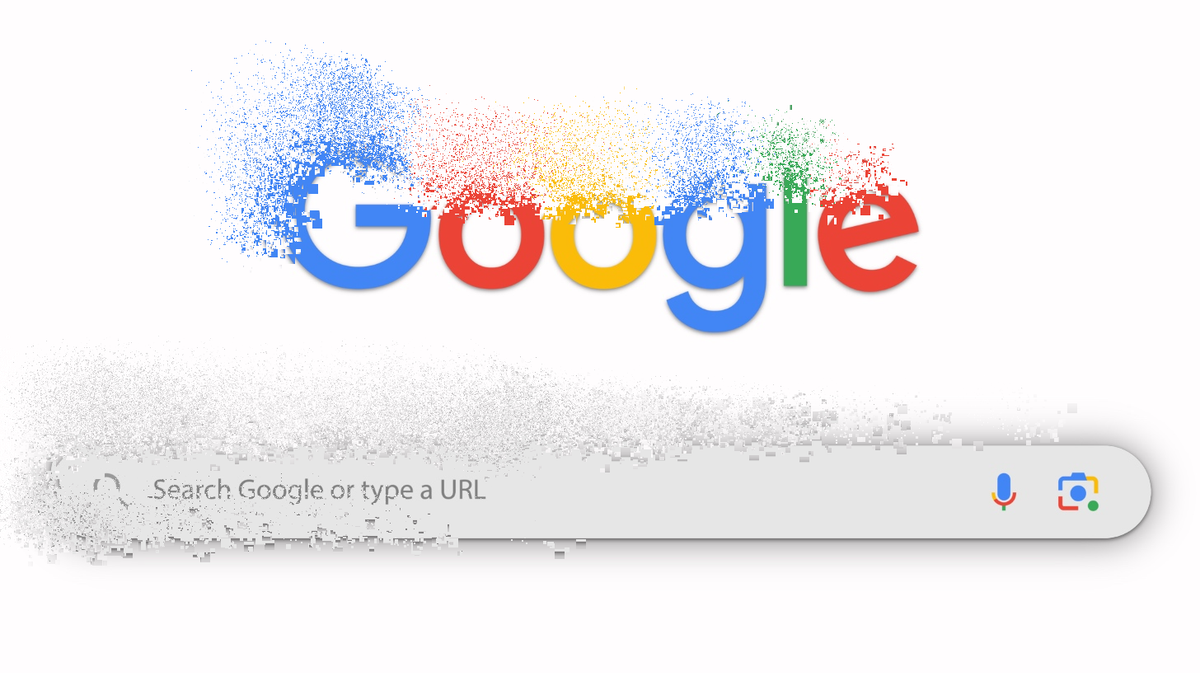
Remember when “Googling it” was the answer to pretty much everything?
That instant reflex, like flipping a switch in your brain to find whatever you needed.
It felt like the keys to the internet kingdom, right?
Well, that kingdom’s looking a little different these days. For many of us, Google just isn’t the automatic go-to anymore.
And if your world, especially your work in SEO, revolved around that old Google, we need to talk.
Why We’re Googling Less
It’s not like there was a global memo saying, “Stop using Google.” It’s been more of a slow drift, a quiet shift in how we find things because, frankly, other ways often just work better now.
- Going Straight to the Source: Think about it. If you want to check Instagram, your bank balance, or the latest headlines from your favorite news site, do you Google it first? Probably not. You open the app or type the website straight into your browser. Why bother with a middleman?
- Finding Trusted Answers: When you need solid advice or want to dive deep into a specific topic, are you still throwing a random query into Google and hoping for the best? Many of us head straight to places we already trust, Reddit threads, specific industry forums, or those few websites we know deliver the goods. Gambling on Google’s mixed bag of results just feels like too much work sometimes.
- The LLM Effect: Got a straightforward question? Need a quick summary? Chances are, you’re increasingly tempted to ask a chatbot. LLMs cut to the chase. Even Google knows that “AI Overview” at the top of their results is basically them saying, “Yeah, we see it too.”
The bottom line? We’re not just blindly searching anymore. We often have a pretty good idea of what we want or where we need to go. That all-powerful search bar? It’s losing its magic when you already know the spell.
Google’s Self-Sabotage
Okay, so our habits changed. But let’s be real: Google didn’t exactly do itself any favors. They made some moves that chipped away at the trust and utility that made them king.
- The SEO Game We All Lost: Remember SEO? Search Engine Optimization. The idea was simple: help good, relevant stuff get found. The reality? It often turned into a frantic game of “how to trick Google.” Websites crammed with keywords, shady tactics to get other sites to link to them… It became less about quality and more about gaming the system. Suddenly, the top results weren’t always the best information, just the stuff that played the SEO game hardest. Maybe it was necessary back in the wild west days of the internet, but it made you start questioning what you were seeing.
- Ads, Ads, Everywhere Ads: Then came the ads. Oh, the ads. At first, they were kind of subtle. Now? Good luck telling what’s a genuine search result and what’s a paid promotion. The screen is plastered with them. When it feels like Google cares more about cashing ad checks than giving you the best, most unbiased answer, why would you keep coming back with the same enthusiasm? It felt like the “most credible” slowly became “whoever paid the most.”
- AI Overviews: Did it fix a problem or make it worse? That new AI summary thing at the top of Google? It’s their big play to stay in the game now that chatbots are everywhere. But it also shoves the actual websites further down the page and makes you wonder who’s really giving you this information. Is it a smart evolution, or just Google scrambling to patch a hole in a ship they helped sink?
SEO’s Crossroads
If Google — the very place SEO was built to conquer — isn’t the center of the online universe anymore, what happens to SEO?
The whole point was to get noticed on Google. If people aren’t on Google as much, or trusting it as much… well, you see the problem.
That feeling that Google’s results were a bit of a crapshoot, thanks to all the SEO tricks and the flood of ads?
That was always kind of there, wasn’t it?
But now that we’re not relying on it so heavily, those flaws are glaring.
If users are finding what they need elsewhere, then all that effort to rank on Google starts to feel a bit pointless.
Sure, some basic SEO ideas like having a website that’s easy to use and has decent information still make sense.
That’s just good digital housekeeping.
But aggressively chasing those top Google spots for every keyword under the sun?
It feels like we’re fighting last year’s battles. The game’s changed because the whole stadium is different.
It’s not just about “how do we tweak SEO now?” It’s a bigger question: does SEO even mean the same thing anymore?
If people are discovering things through direct visits, trusted communities, social media, or by asking an AI, then how we get seen has to change, too.
So, where does this leave us? If the old map to finding things online is tattered and unreliable, what are we supposed to use now?
What’s our new compass in this shifting digital world?
